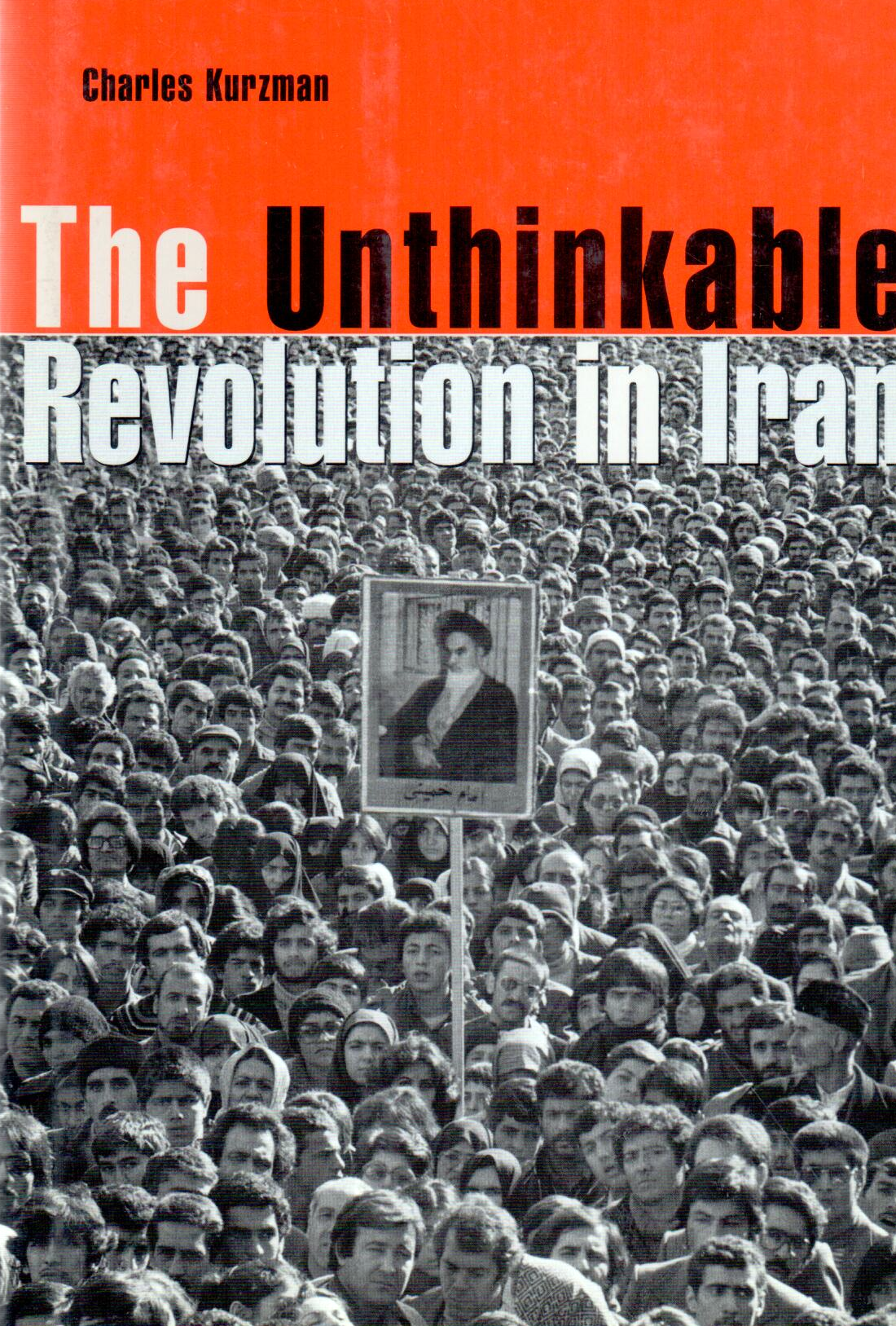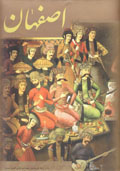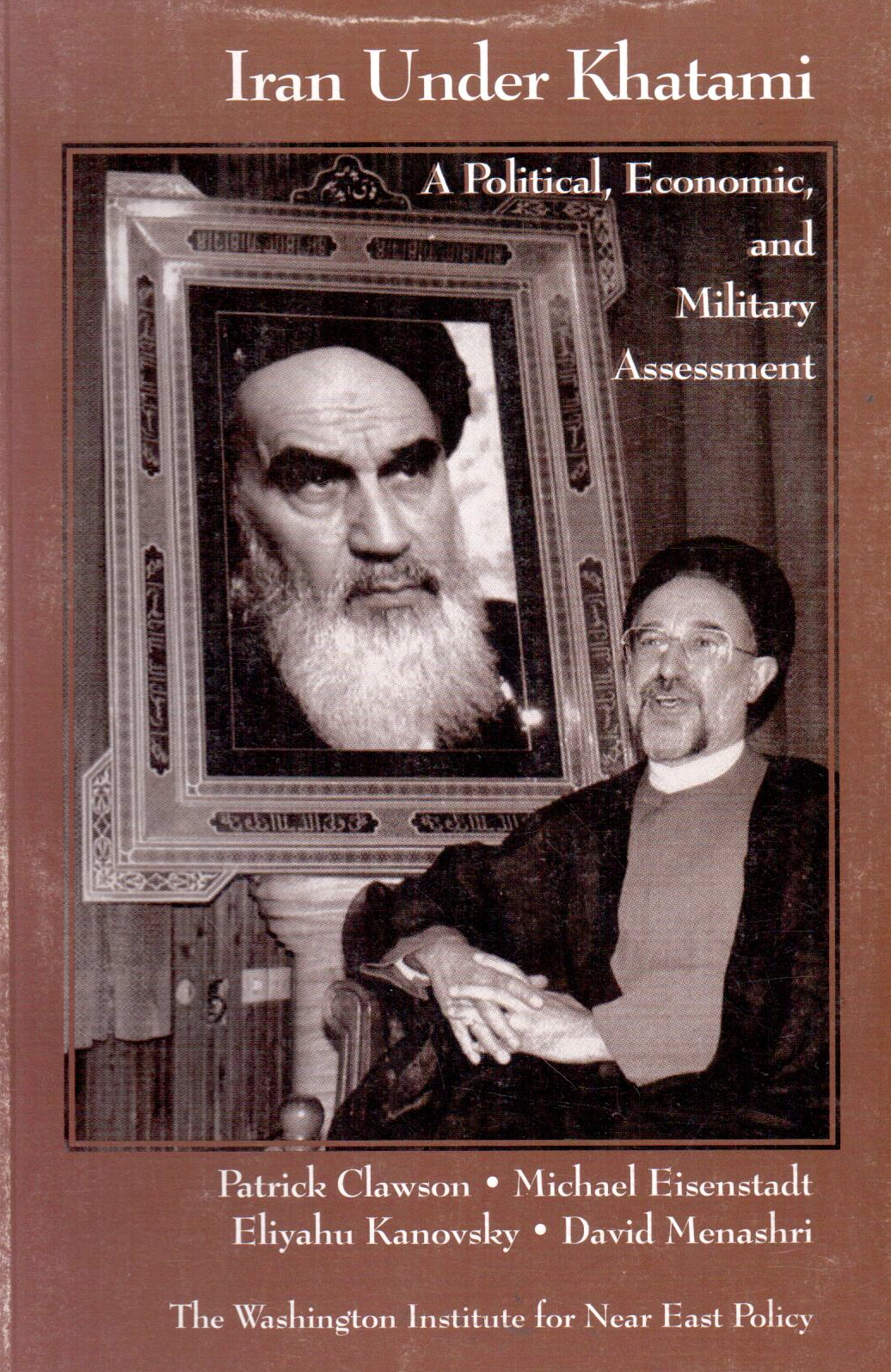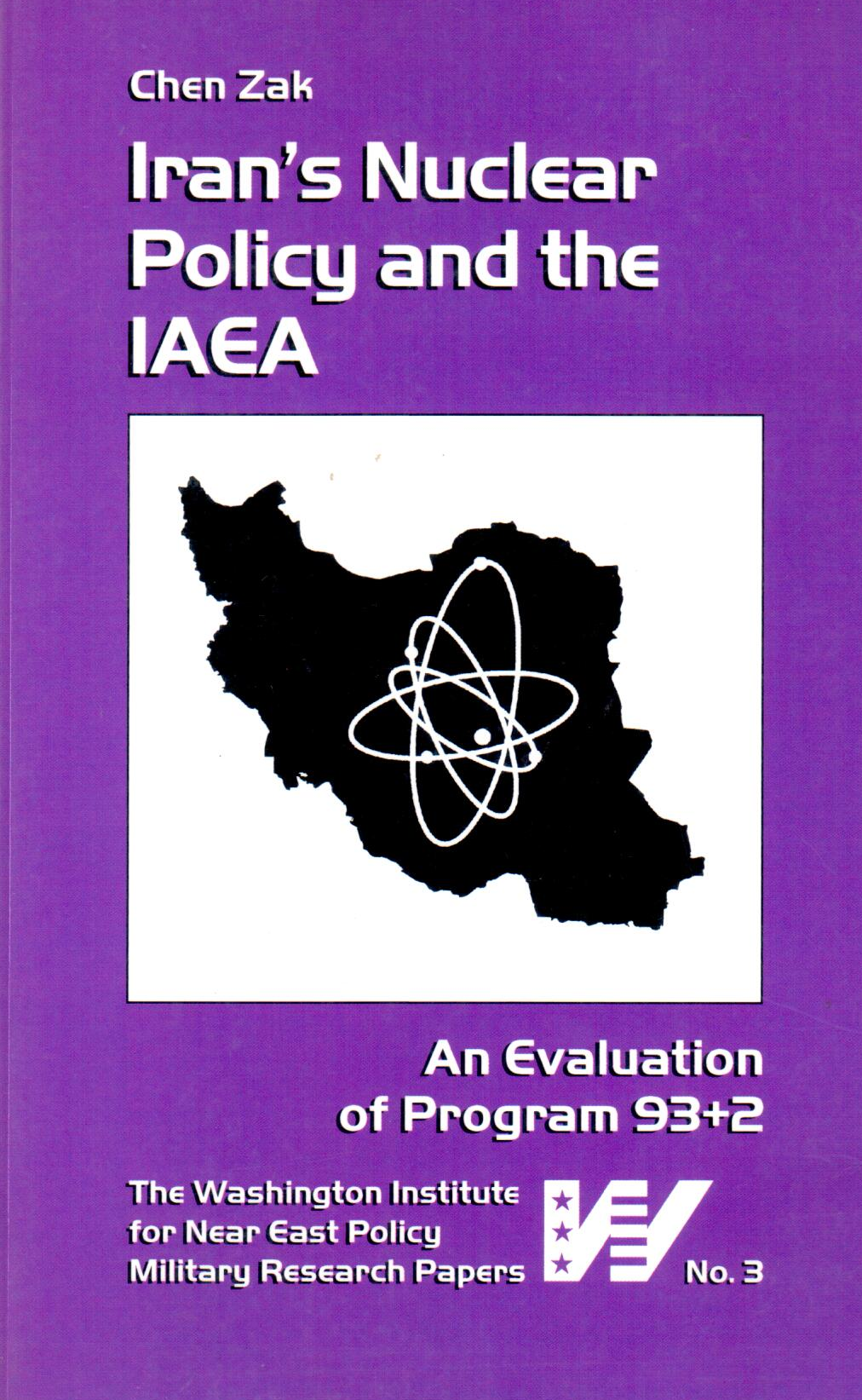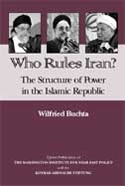Parners in Need: The Strategic Relationship of Russia and Iran: English 2001
Parners in Need: The Strategic Relationship of Russia and Iran
159 SEK
Share
Wishlist
ISBN:
0944029485
Age Group:
Adult
Pages:
94
Weight:
180 g
Dimensions:
14 x 21 x 0.66 cm
Book Cover:
Paperfolder
Russia and Iran are neighboring states. As such, the status of their bilateral relationship is a perpetually important facet of their respective foreign policies. In the post-Soviet period, Tehran and Moscow began to view and term their cooperation as "strategic"Teach side viewing the other as integral to its own national security, internal stability, and territorial integrity.
Presently, Russia and Iran also view their cooperative relationship as an important tool toward three ends: preventing U.S. hegemony in world affairs; maintaining what Tehran and Moscow refer to as a "multipolar" world; and undermining U.S. efforts to sideline or boycott either of them. Indeed, since the fall of the Soviet Union, Moscow has viewed its relations with Iran as a manifestation of its own independence from the West. Russia does not share U.S. concerns regarding Iran in adjacent regional zones, but rather views Tehran as a strategic partner, especially in Central Asia and the Caucasus. Moreover, Moscow views the preservation of ties and cooperation with IranTa state that has problematic relations with the WestTas a means of ensuring that Russian interests in the Middle East and Caspian regions
more
Russia and Iran are neighboring states. As such, the status of their bilateral relationship is a perpetually important facet of their respective foreign policies. In the post-Soviet period, Tehran and Moscow began to view and term their cooperation as "strategic"Teach side viewing the other as integral to its own national security, internal stability, and territorial integrity.
Presently, Russia and Iran also view their cooperative relationship as an important tool toward three ends: preventing U.S. hegemony in world affairs; maintaining what Tehran and Moscow refer to as a "multipolar" world; and undermining U.S. efforts to sideline or boycott either of them. Indeed, since the fall of the Soviet Union, Moscow has viewed its relations with Iran as a manifestation of its own independence from the West. Russia does not share U.S. concerns regarding Iran in adjacent regional zones, but rather views Tehran as a strategic partner, especially in Central Asia and the Caucasus. Moreover, Moscow views the preservation of ties and cooperation with IranTa state that has problematic relations with the WestTas a means of ensuring that Russian interests in the Middle East and Caspian regions
more




